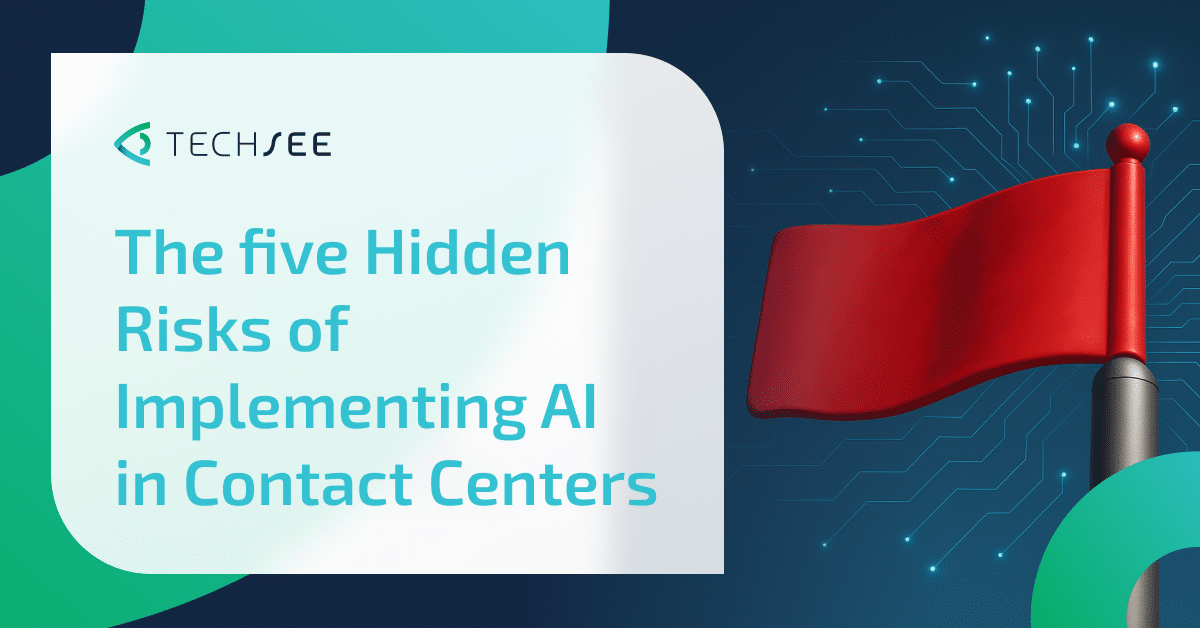What is AI Memory?
AI Memory refers to the ability of artificial intelligence systems to store, retrieve, and utilize information over time to enhance their performance and provide more accurate, contextually relevant responses. This concept encompasses various memory systems that allow AI to simulate human-like cognitive processes, such as recalling past interactions, understanding context, and learning from experience.
Role of Memory in Artificial Intelligence
- Storing Information:
- Long-Term Memory: AI systems, particularly those using large language models (LLMs), can store vast amounts of information that can be accessed and used over long periods. This capability allows AI to remember facts, processes, and user preferences, enhancing the quality of interactions and decision-making processes.
- Short-Term Memory: AI also uses short-term memory to handle immediate tasks and maintain context during ongoing interactions. This type of memory is crucial for managing conversations and ensuring that responses are coherent and contextually appropriate.
- Retrieving Information:
- Contextual Understanding: Memory allows systems to recall relevant information based on the current task or conversation context. This ability to draw on past data helps AI provide more accurate and relevant responses.
- Personalized Interactions: AI can offer customized experiences by remembering previous user interactions. For instance, it can recall a customer’s past issues and preferences to tailor support and recommendations accordingly.
- Learning from Experience:
- Adaptive Learning: Memory enables systems to learn from past experiences and improve performance. This includes recognizing patterns, adapting to new information, and refining algorithms based on historical data.
Memory Limitations in AI
- Capacity and Scalability:
- Storage Limitations: Despite advancements, AI systems still face limitations in storage capacity. Managing large datasets efficiently without compromising performance can be challenging.
- Scalability Issues: As memory requirements grow, scaling the infrastructure to support vast data becomes increasingly complex and costly.
- Bias and Inaccuracies:
- Data Quality: The accuracy and reliability of AI memory depend on the quality of the data it stores. Poor data quality can lead to biased or incorrect responses.
- Outdated Information: AI systems must continuously update their memory to ensure the information remains current and relevant. Obsolete information can result in misleading or inaccurate outputs.
Cost of Memory (AI Tokens)
- Token Usage:
- Token-Based Systems: Many AI models, especially those built on LLMs, use token-based systems to process and store information. Each interaction, query, or data retrieval consumes a certain number of tokens.
- Cost Implications: Memory usage is often directly tied to token usage. High-frequency interactions and extensive data storage can result in substantial token consumption and increased operational costs.
- Optimizing Token Usage:
- Efficiency Measures: Implementing strategies to optimize token usage, such as compressing data, using efficient algorithms, and prioritizing essential information, can help manage costs.
- Selective Memory: AI systems can be designed to selectively store and retrieve data based on relevance and importance, reducing unnecessary token consumption.
Considerations When Accounting for Memory Value and Limitations
- Balancing Cost and Benefits:
- Cost-Benefit Analysis: Organizations must weigh the costs of implementing and maintaining AI memory systems against the benefits they provide regarding improved performance, customer satisfaction, and operational efficiency.
- Investment in Infrastructure: To effectively support memory systems, investing in scalable and secure infrastructure is essential. This includes cloud storage solutions, high-performance computing resources, and advanced security measures.
- Data Management Practices:
- Data Quality: Ensuring high data quality through regular cleaning, validation, and updating processes is crucial for maintaining the accuracy and reliability of AI memory.
- Ethical Considerations: When storing and utilizing user data, organizations must consider ethical implications related to data privacy, consent, and transparency.
- Continuous Improvement:
- Iterative Learning: AI systems should be designed to learn and adapt to new data and experiences continuously. This requires regular updates and refinement of memory systems to enhance their capabilities.
- Monitoring and Evaluation: Implementing robust monitoring and evaluation frameworks helps track the performance and effectiveness of memory systems, allowing for timely adjustments and improvements.
Conclusion
AI Memory plays a pivotal role in enhancing the capabilities of artificial intelligence systems, enabling them to store, retrieve, and learn from information over time. This ability to simulate human-like cognitive processes improves the quality and relevance of AI interactions, making them more personalized and contextually aware. However, implementing AI memory comes with challenges related to data privacy, storage limitations, and cost considerations.
Understanding the value and limitations of memory is essential for enterprise decision-makers aiming to leverage AI technology effectively. By balancing the costs and benefits, investing in scalable infrastructure, and maintaining high data quality, organizations can harness memory’s full potential to drive innovation, improve customer experience, and achieve strategic objectives.
To learn more about how Sophie AI’s advanced AI memory solutions can benefit your organization, please schedule your complimentary demo today.





